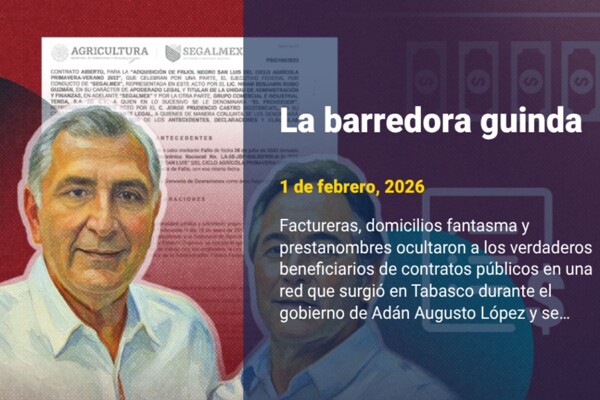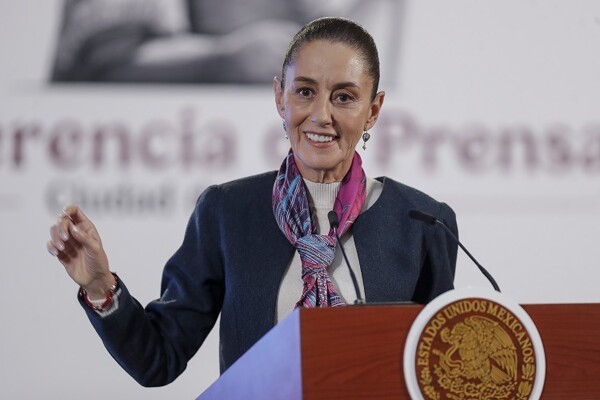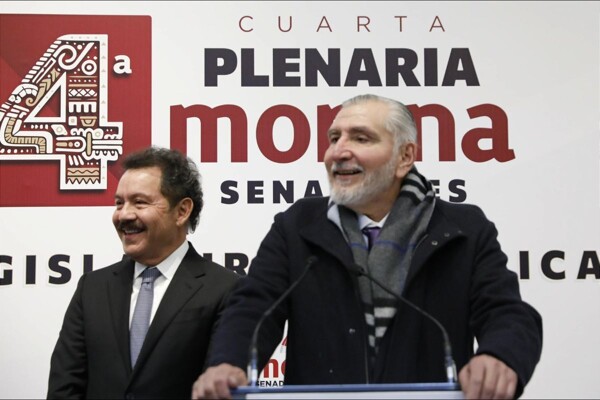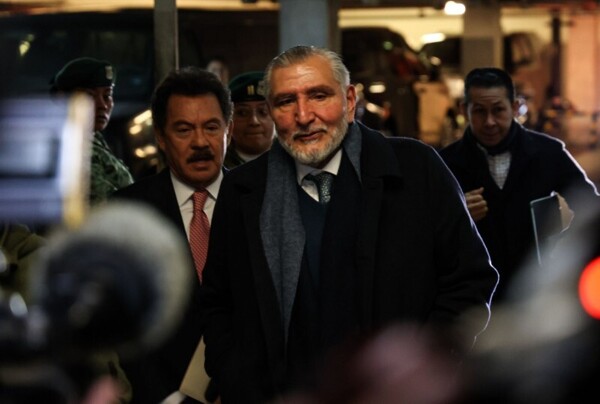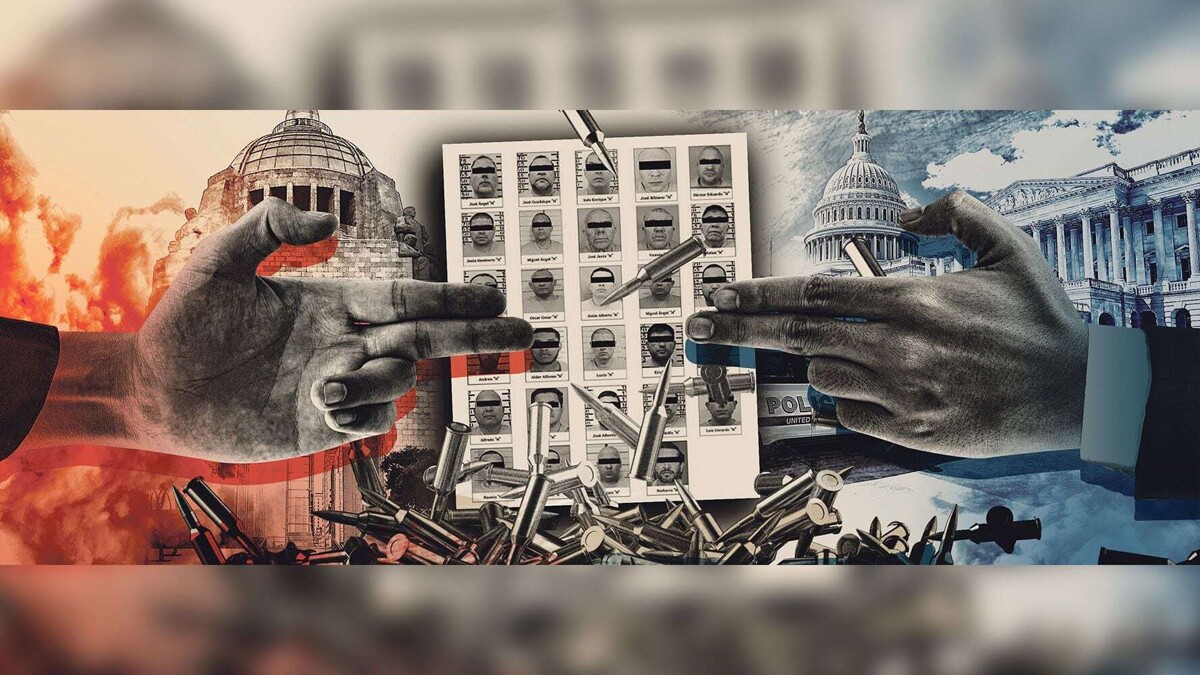
In Mexico, drug trafficking has been more than just a simple business: it has been a crucial piece of the national political machinery for decades. Rafael Caro Quintero is a name that now resonates strongly amidst a dark and deep story involving organized crime, politics, and power in the country.
Governors, mayors, and officials who in the past maintained tacit agreements with crime now find themselves in a vulnerable situation. The cartels, far from forgetting, are attentive to any sign of betrayal of those implicit pacts.
Mexico is forced to show results in the fight against crime while seeking to protect its economy. The pressure from the United States on the country has reached a critical point, and Caro Quintero has become a symbol of a broader struggle.
The historical relationship between drug trafficking and politics in Mexico has reached a boiling point. The recent capture and extradition of drug lords to the United States has been seen as a strategic move to meet the demands of the U.S. government. However, these actions have uncovered old complicities and created a new scenario filled with uncertainty.
The extradition of the indicated drug lords has marked a significant change in the political dynamics of the country. The line between organized crime and the State has blurred even more, and the consequences of these strategic decisions will be unpredictable in the near future.
Mexican authorities, led by key figures such as Omar García Harfuch, Juan Ramón de la Fuente, and Alejandro Gertz Manero, have sought to reinforce security cooperation with the United States. The pressure on Mexico is palpable, and the challenge of purging the political structure of the country without it crumbling presents itself as a titanic task.
The legacy of figures like Caro Quintero and Miguel Ángel Félix Gallardo has left an indelible mark at the intersection of political power and drug trafficking in Mexico. The recent history of the country is intertwined with acts of betrayal, conflicting interests, and complex political conveniences that are now exposed to the public light.
The era of "hugs, not bullets" has come to an end, and Mexican politics is entering an even more volatile and unpredictable territory. The consequences of these decisions will resonate both internally and externally, and the future of the nation is conditioned by a power game where the main actors stake much more than their personal interests.











